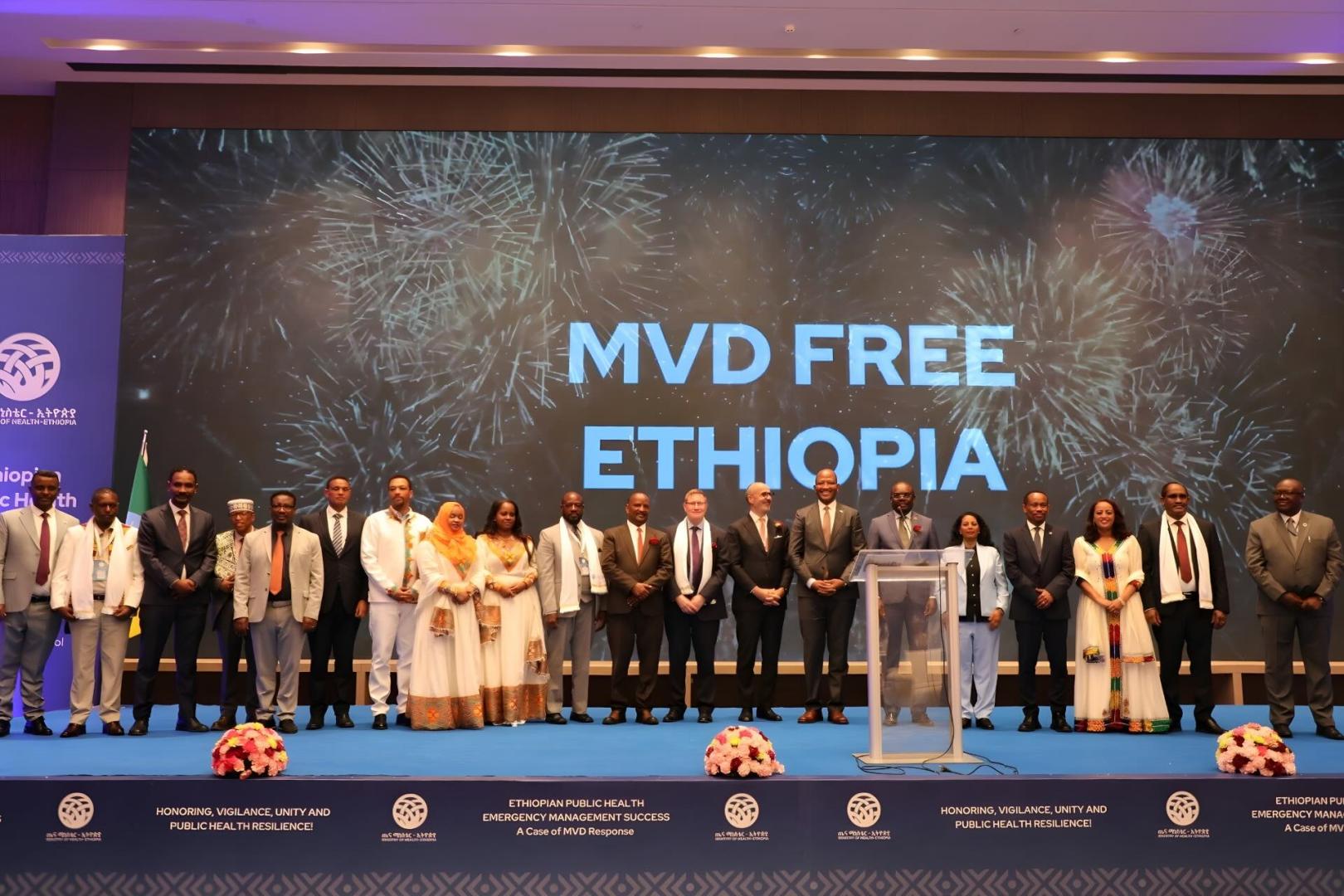Africa is celebrating the 40th anniversary of its Charter this year. An opportunity to the President of the Court HE Lady Justice Imani D Aboudto draw the attention of actors to certain facts through a communication below. A communication made during the 62nd session of the Court
« As the continent celebrates 40 years of the African Charter as the cornerstone of human rights in Africa, the African Court faces unprecedented challenges in its operation including in relation to states cooperation but also regarding the effectiveness of our internal functioning. However, the Court has indisputably recorded successes and brought about key changes to the human rights discourse in Africa. These gains should serve as stepstones in restoring confidence in the Court as advanced by the Bureau when we took over earlier this year.
I am delighted that the agenda of the 62nd Ordinary Session of the Court, which kicks off today reflects this new trend towards greater effectiveness of the Court with a focus on improving on quality in delivering justice to Africa and the Africans. I first note that judicial matters feature lesser work on requests for provisional measures while a substantial number of matters are scheduled for deliberation and delivery of judgments. It is also worth noting that various studies are submitted for our consideration which will lead to policy decisions on questions as important as how we make use of and frame rulings on provisional measures or recourse to amicable settlement processes. It cannot be overemphasized that our working methods weight critically in the fabric of the main product delivered by the Court, which is its decisions. Our decisions, the reasoning that back them and the shape in which they come in the operation chapters set the tone for our visibility and legitimacy in the African human rights system but also in the arena of international human rights law.
Honourable Judges and staff of the Registry, our working methods therefore become an area of continued engagement and I hope the present session serves this purpose. I would also like, in the same vein, to stress the need to pursue our commitment to devising strategies for a more effective management of judicial matters including innovative ways of addressing increasing delays in completing cases and resorbing our backlog through formulas that bear in mind significant resources currently invested in examining repetitive cases.
Finally, our discussions during the present session also involve taking stock of the preparation of important events to be held by the end of the year. The Judicial Dialogue has now become one flagship event of the Court thus requiring meticulous preparation for a full success. The same applies to the international conference being organized on the implementation and impact of our decisions back to back with the 63rd session planned to be held in Dar es salaam. The Bureau has been monitoring the preparatory stages of all these events together with the Registrar and the plenary will be duly briefed at some point during the session.
Dear colleagues and Registry staff, as we discuss and deliberate on these important issues in the next four weeks, I invite us to bear in mind the imperative of achieving overall goals set out in our strategic plan and more immediate expected outcomes of the annual work programme of the Court.
I wish us fruitful deliberations and a successful session and thank you for your attention”.



